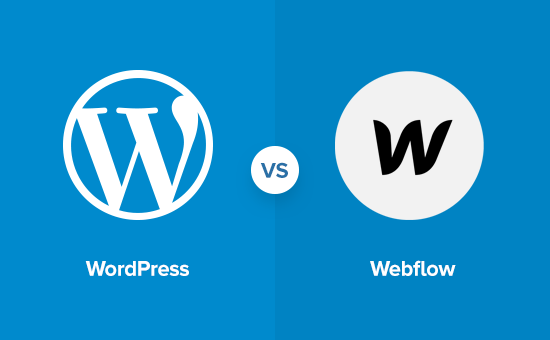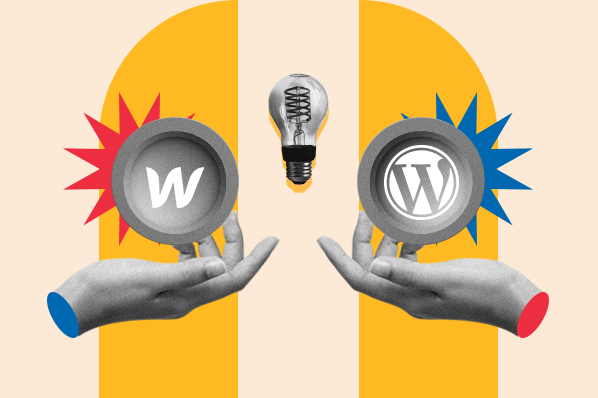
Similar Posts
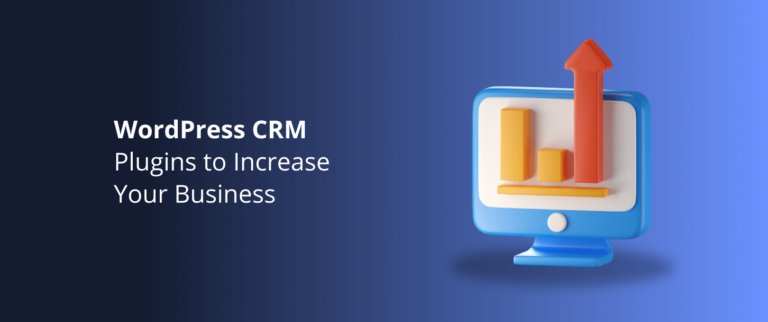
Harnessing the Power of WordPress as a Customer Relationship Management Platform for Your Business
Customer relationship management (CRM) is crucial for businesses to effectively manage their interactions with customers, build strong relationships, and drive growth. While there are dedicated CRM platforms available, leveraging the power of WordPress as a CRM solution offers a cost-effective and customizable alternative. In this blog, we will explore how you can transform your WordPress…

The Web & Design Workshop: Episode 2 – Mastering the Design Thinking Process from Start to Finish
In the second episode of The Web & Design Workshop, host Rene Gonzales discusses the importance of the design thinking process for web developers and designers. The episode covers its five stages: empathize, define, ideate, prototype, and test, emphasizing user-centered solutions and real-world applications. Tune in for insights on improving user experience.
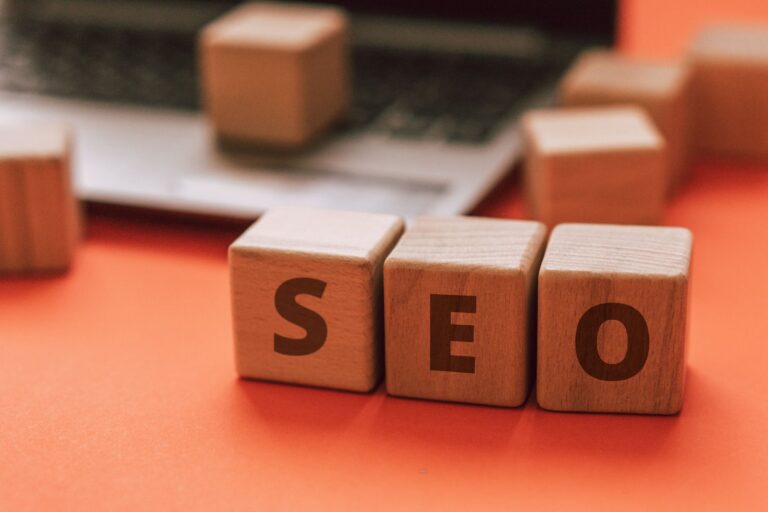
Mastering SEO for Your WordPress Site: Effective Strategies and Best Practices
In the competitive online landscape, search engine optimization (SEO) plays a vital role in driving organic traffic to your WordPress website. By implementing effective SEO strategies, you can improve your site’s visibility, attract targeted visitors, and boost your search engine rankings. In this blog post, we will explore actionable tips and best practices to help…

Demystifying the WordPress Database Structure: A Look Into Its Organizational Framework
WordPress, the world’s most popular content management system (CMS), powers millions of websites across the globe. At the heart of WordPress lies its robust database structure, which plays a crucial role in storing, organizing, and retrieving data. Understanding the WordPress database structure is essential for developers and site administrators to optimize performance, customize functionality, and…
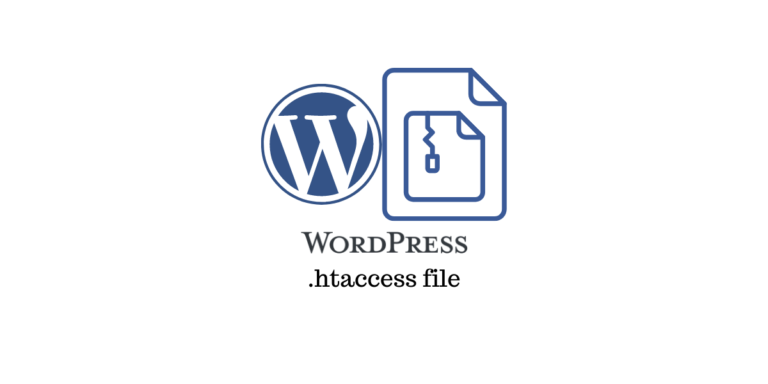
The Critical Role of WordPress .htaccess File: Preventing Corruption and Troubleshooting
The .htaccess file is a powerful configuration file used by the Apache web server to control various aspects of a website. In the context of WordPress, the .htaccess file plays a crucial role in enhancing website performance, security, and search engine optimization. However, due to its sensitive nature, it is susceptible to corruption and can…
Delivering Top-Notch Digital Experience Services for Web Development
In today’s digital age, having a strong online presence is essential for any business to succeed. Virtual-Enterprises is a company that specializes in providing high-quality web development digital experience services to help businesses stand out in the crowded online marketplace. Virtual-Enterprises understands that creating an effective website involves more than just designing a visually appealing…
